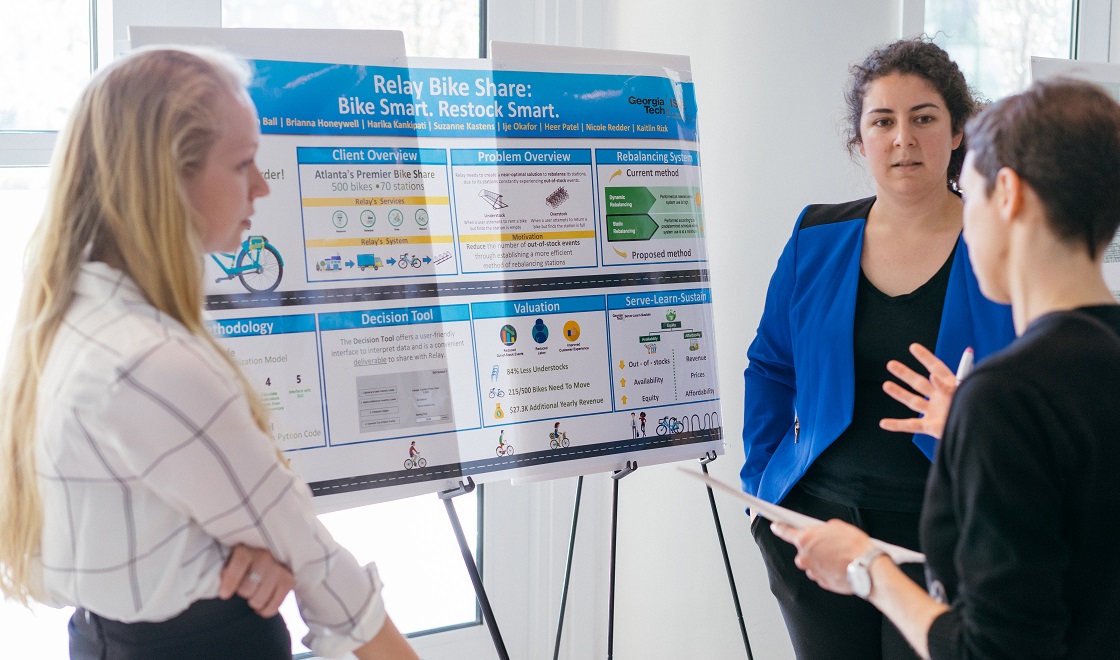Overview
This experiential program, offered in partnership with The Institute for Leadership and Social Impact in the Scheller College of Business, introduces students to social innovation as a tool for social impact, with an emphasis on social entrepreneurship, grassroots innovation, and systems change. It is unique at Georgia Tech in its flexibility: it is open to undergraduate and graduate students in any major, has no prerequisites, and allows students to combine courses and co-curricular experiences - and can even be completed through co-curricular experiences alone, for students who have no extra room in their course schedules.
This program addresses SLS Student Learning Outcome #2: “Students will be able to demonstrate skills needed to work effectively in different types of communities.” Specifically, students will demonstrate skills needed to: 1) recognize diverse types of expertise; 2) research a problem in depth, using a variety of methods, exploring multiple perspectives, and connecting community assets and problems to broader trends; and 3) collaborate with partners to jointly develop local, sustainable solutions.
The program is also open to a limited number of SLS partners from the nonprofit, community, government, and business sectors. We make a special effort to have a few partners in the program at all times to create a collaborative learning environment in which students and partners teach and educate each other and nurture student engagement in partners’ ongoing work.
Please note that this program is not an official GT minor or certificate. Progress is tracked through SLS, and students and partners who complete the program receive a Certificate of Completion. Participants are also invited to special workshops conducted by C2D2 (Center for Career Discovery and Development) to learn how to tell their SLS stories to potential employers through resumes, cover letters, and interviews.
REQUIREMENTS
The program has three immersive requirements: Engage, Learn, and Dive. They can be completed in any order - though we recommend completing Dive last. The program concludes with a fourth requirement: a final deliverable. Courses included in the Engage, Learn, and Dive requirements include the Leadership for Social Good Summer Study Abroad Program, ARCH 4103/8103 Green Infrastructure & Sustainable Communities, BC 6675 Residential Design and Construction, CEE 4803F Sustainable Cities, HTS 2086 Semester in the City, HTS 3012 Urban Sociology, SLS 3110 Technology & Sustainable Community Development , MGT 4194 Social Entrepreneurship, SLS 3120 Foundations of Sustainable Systems, and these Vertically Integrated Projects (VIPs): Engineering for Social Innovation, HumaniTech , and Building for Equity and Sustainability
Read more about the requirements below.
PROGRAM OR ENROLLMENT QUESTIONS? Contact Program and Operations Manager Kris Chatfield
INTERESTED IN ENROLLING? Please complete the REGISTRATION FORM.
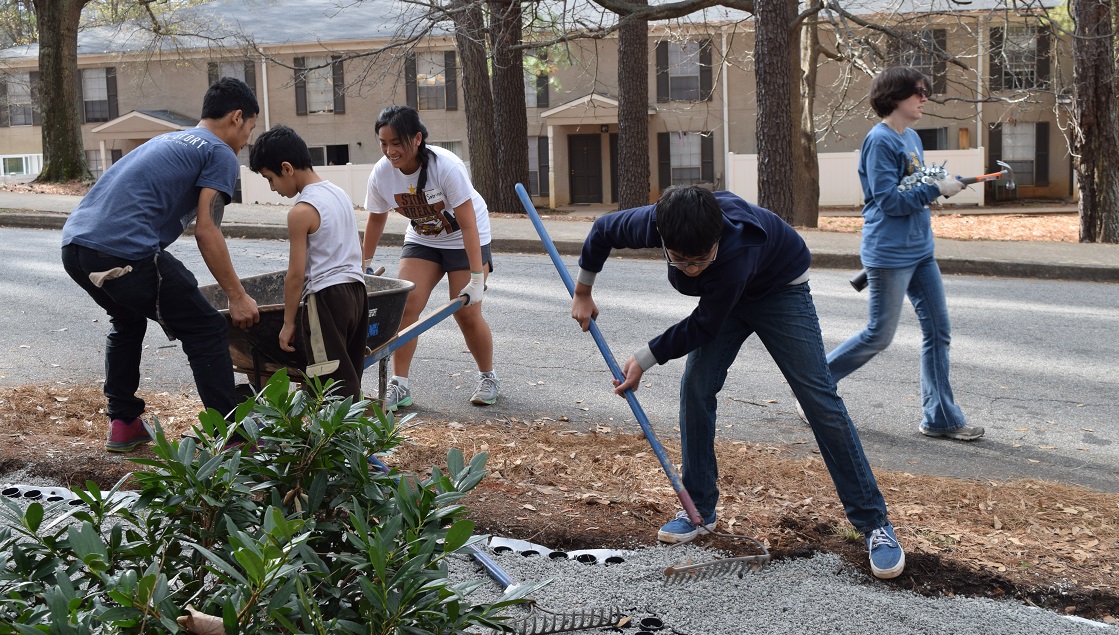
Work closely for one or two semesters with a partner organization.
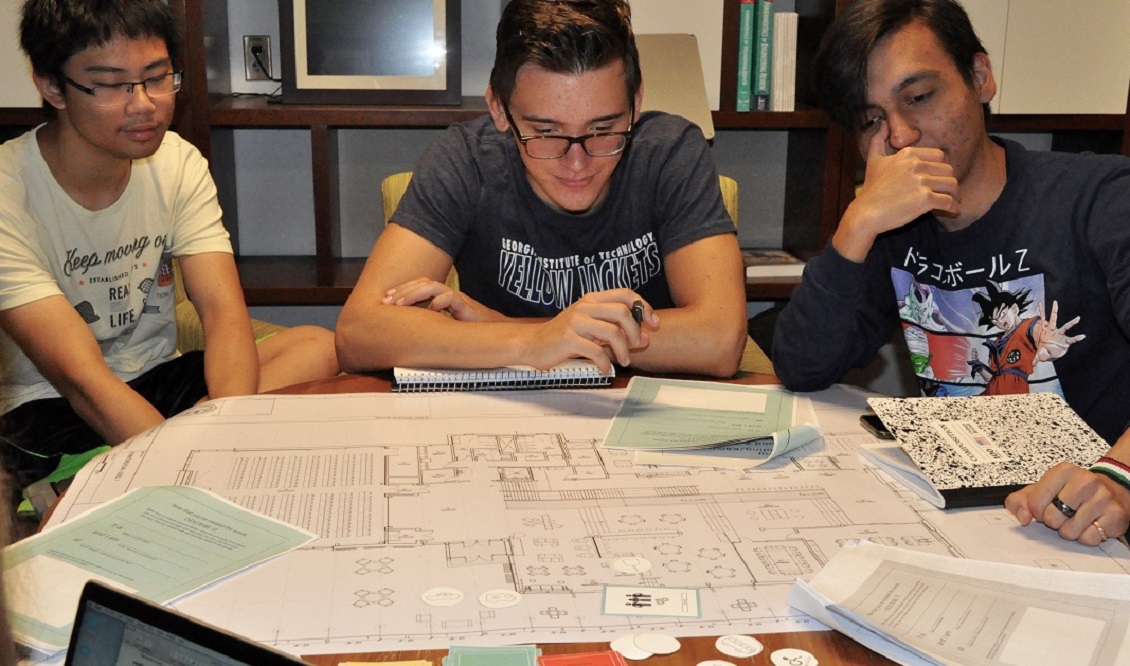
Take one course to learn some of the basics of social innovation and systems thinking as a tool for social impact.
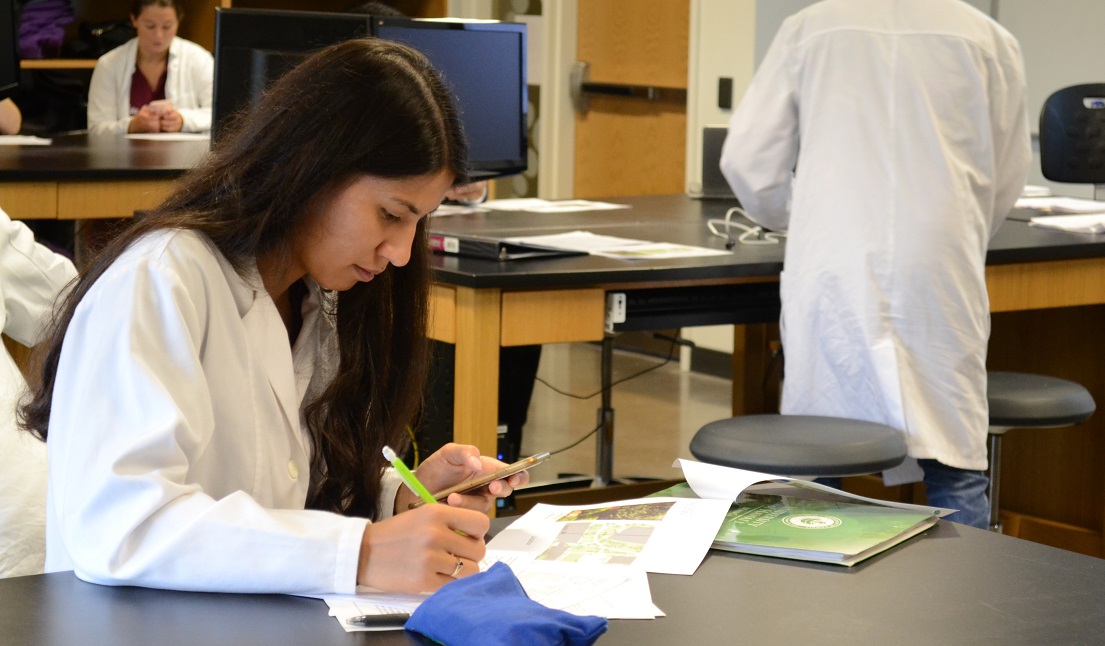
Deep dive into a sustainable communities challenge that interests you.
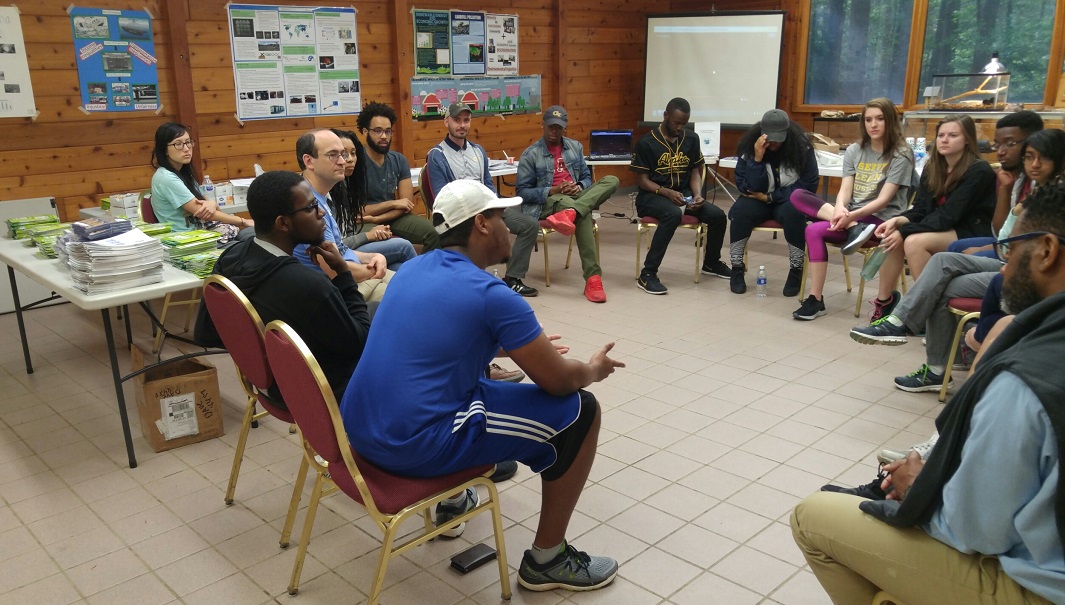
Students and partners who wish to build on their work to date to develop a new or improved social enterprise may choose to continue with the program by participating in our “Activate” Support Circle, facilitated by SLS and ILSI.
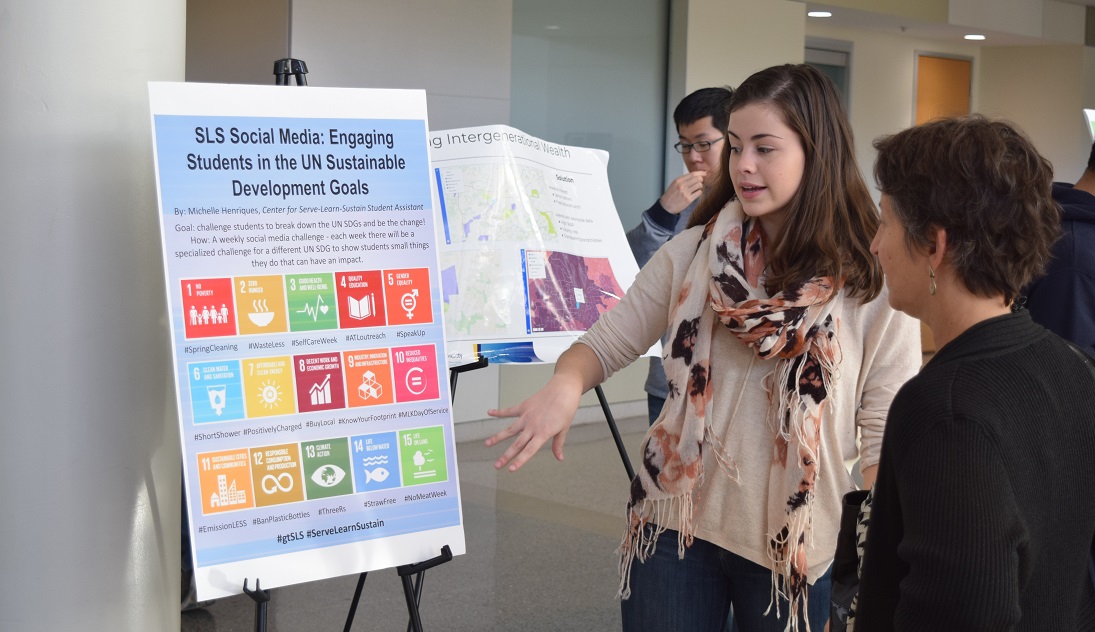
The program’s Affiliated Faculty & Staff are social innovators who work collaboratively with different types of real-world partners to apply research (theirs or others) to solve sustainable communities challenges in novel ways, on campus, in the Atlanta region, and beyond. They advise the program and are interested in advising program students and partners interested in their work.
